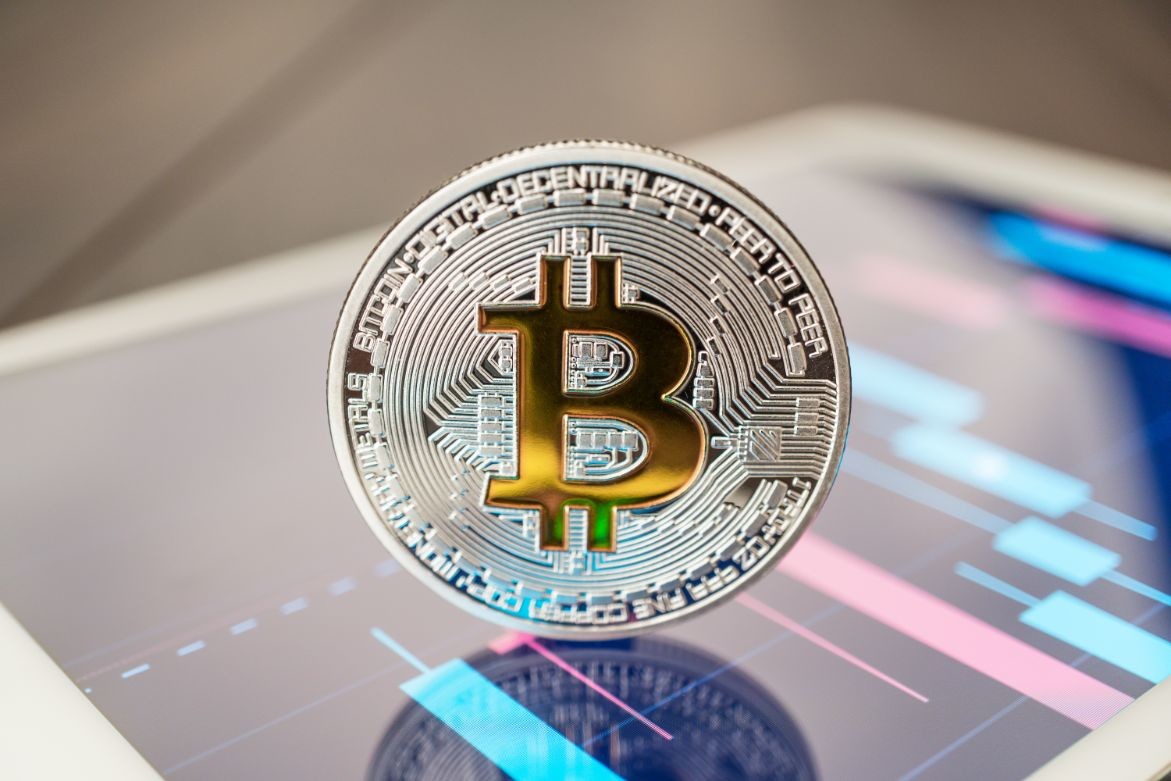Bitcoin Scams To Watch Out For

Crooks are becoming more interested in cryptocurrency as investors become more intrigued by bitcoin. As a result, cryptocurrency-related crimes have increased dramatically in recent years. These offenses range from stealing to deception. Bitcoin along with being the oldest and most popular crypto coin of all time is also the one with the most reported crimes.
Among the various types of bitcoin scams present in the market, there are certain bitcoin frauds you need to be aware of, such as:
- Phishing
- Security and tech support
- Public WiFi
- Giveaways
- Extortion
- Employment
- Investment
Phishing
Phishing is one of the most prevalent cryptocurrency scams. It is a type of cybercrime wherein a person pretending as a genuine organization contacts their target(s) via email, phone, or text message to persuade them to provide private data such as personal info, banking, and credit card information, and passwords. The data is then utilized to get access to sensitive accounts, which can lead to identity theft and economic loss.
Protecting yourself: Clicking on random links should be avoided at all costs. You could be redirected to a faked site if a hacker copied a site and modified something tiny in the URL, such as inserting a zero instead of the letter “O.” Examine emails for grammatical problems, unusual wordings, and misspellings. To be safe, manually typing the website’s name into your browser to confirm you’re on the appropriate page is a smart idea. It’s worth investing a little additional effort to safeguard your safety.
Security and Tech Support
For bitcoin exchanges, wallets, and apps, fraudsters sometimes establish phony customer support phone lines. They’ll try to entice Bitcoin owners by calling via bogus security alerts or customer service inquiries, or via spam emails and phishing tactics. Because fraudsters can fake legitimate support numbers, outbound calls are especially risky. When a representative contacts you, never give out any private information.
Protecting yourself: To “confirm” your location, a fake customer service worker may ask you to submit a payment to an external blockchain address. Make no transactions until you’re certain of the purpose. Never offer your account password or login information over the phone or by email for “validation.” Only provide it in safe and secure sections of legitimate websites.
Public WiFi
Public WiFi’s are to be avoided at all costs, especially while making payments. Public WiFis can be found at airports, cafes, train stations, or a restaurant. Hackers often keep checking public WiFis for naive people who use them for making payments. Once they hack the public WiFi they can see all the websites you visit and also gain access to the information you are providing when making payments. The hackers can acquire access to your Bitcoin or other cryptocurrencies if you log into a Bitcoin app, wallet, or account when using public WiFi.
Protecting yourself: You can block the hacker’s entry and access via VPN. All data sent and received by your device is encrypted using a VPN. Because of the encryption, even if a hacker intercepts your data at the airport, they will be unable to read it.
Giveaways

On Facebook, Twitter, and other social media platforms, a slew of fraudsters are running bogus Bitcoin giveaways. They offer false screenshots of companies or celebrities like Elon Musk endorsing the giveaway. Bot accounts swarm the phony posts, implying that they are genuine. Once you’ve visited the fake website, they’ll ask for your “address confirmation.” You confirm your address by paying Bitcoin to the blockchain address of the phony giveaway. They claim to send you the giveaway once they get the verification payment, but you won’t even get that far. In the best-case scenario, you give Bitcoin and receive nothing in return. The worst-case scenario is that you open a malicious link, scan a bogus QR code, or enter your account details on a phony site, resulting in a significant financial loss.
Protecting yourself: Never pay in Bitcoin or cryptocurrencies to “confirm” your blockchain address. Scammers use screenshots that have been tampered with and forged communications to make the giveaway look legitimate. Make sure you’re on a legitimate social networking page rather than a fake one. Verify that the giveaway URL is genuine and not a scam or fake site.
Extortion
Extortion scams used to be fairly low-tech, consisting mostly of intimidation messages. But they’ve evolved into something far more complex and frightening. On the dark web, fraudsters and hackers can buy passwords and associated emails from previous data breaches. As a result, you may come across one of your old passwords in the subject line of an email. While these con games can make your heart skip a beat, they are virtually always deceptive.
Protecting yourself: Don’t make payments, instead report them to the cyber department. Mark the email as spam and delete it after you’ve reported it. As a result, future messages from the sender will not land up in your main inbox. And then change your passwords if you haven’t done so recently. Make sure they’re unique for each account and that they include a mix of uppercase and lowercase characters, symbols, and numbers.
Employment
Scammers may pose as recruiters or human resources personnel to defraud job seekers. If you put your resume or CV online, you can get an amusing “job offer” letter. The most prevalent request for a bitcoin payment to begin job training is from fraudsters. They could also be seeking bitcoin fund managers or investors. In any case, you’ll be paying Bitcoin and receiving nothing in return.
Protecting yourself: Be wary if you come across any job offer that asks you to pay in bitcoins for the confirmation of your job. If ever you are asked to make a bitcoin payment, refuse the caller and block their number. Also, remember that many fund recovery firms have been established in recent times. So if you lost your bitcoin to this fake job scheme, reach the fund recovery firms and they will surely recover your bitcoin.
Investment
They are similar to giveaway scams wherein celebrities are used to entice victims. Fake news reports from ostensibly credible sources are widely distributed on social media. Scammers utilize authentic images and makeup celebrity endorsements claiming great profits from bitcoin investments.
Protecting yourself: No celebrity wants to find themselves a member of a scam how much ever inadvertently it is. Hence, if you come across a celebrity promoting any bitcoin platform and you find yourself interested in it, make sure you check for the scheme on the website to confirm its genuinity.
Conclusion
Bitcoin has been surging in popularity, and so are the bitcoin scams. Hence, an investor must learn the different types of bitcoin scams as well as how to protect themselves if they come across one such scam. It will be more beneficial to have first-hand knowledge than learn after losing the bitcoin.








